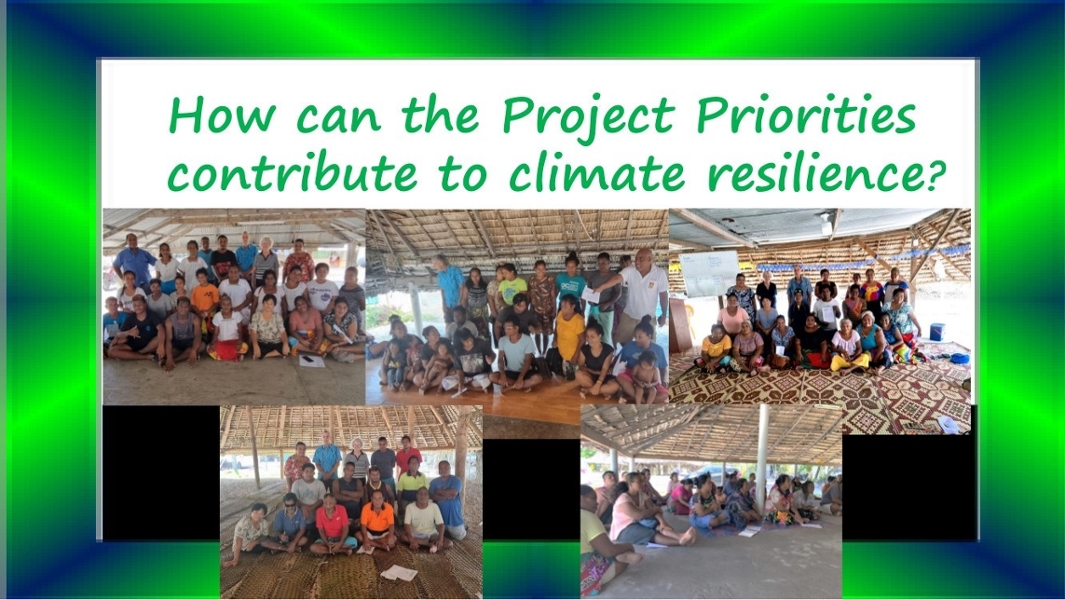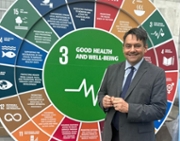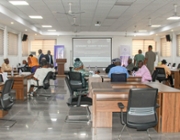Strengthening Livelihoods: A Pacific Story of Resilience and Knowledge Sharing

12 March 2025
In the heart of the Pacific, communities are coming together to build a future rooted in resilience, sustainability, and shared learning. This initiative, drawing from past CLGF projects in Kiribati, Tuvalu, and Samoa, is more than just an exchange of ideas—it’s a movement towards stronger, self-sufficient communities. The exchange is supported by the Canadian Government.
Network of change
At the forefront are the village communities from Funafuti in Tuvalu, represented by their town council known as the Funafuti Kaupule, and Kiribati, where women and young men are leading the way in creating sustainable businesses. Beyond training, the project weaves into a larger network of change and learning, aligning with initiatives like the Blue and Green Development Project in South Tarawa, funded by the German Government, and UNDP-led programs in Samoa, ensuring a lasting impact.
Strengthening the role of women
With a focus on seaweed farming, composting, and aquaponics, the exchange project is not only about sustainability but also about breaking barriers. Women are stepping into leadership roles, challenging norms, and redefining their place in economic and environmental resilience. The planned exchange between Samoa and Kiribati in 2023 faced unexpected hurdles, as many women in Samoa were unable to travel due to commitments within their communities.
Determined to keep the momentum going, a CLGF representative travelled to Samoa to create a detailed manual on Samoan sea grape farming, ensuring that knowledge could still be shared across borders. This dedication paid off, and with fresh funding from Canada, and the long-awaited exchange was back on track. Set for completion in early 2025, the initiative allowed Tuvaluan participants traveling to Kiribati to take part in the program.
Ongoing impacts
Though only a handful of representatives—six from Funafuti Town Council and a self-funded member of the Tuvalu Non-Government Organisation—were able to visit Kiribati, the impact of this initiative goes far beyond numbers. This project is not just about training; it’s about empowerment, fostering connections, and shared learning, equipping Pacific communities with the tools to tackle climate resilience and food security challenges head-on.
At the heart of it all are the women and the young people of South Tarawa in Kiribati, proving that when communities share knowledge and support one another, they can create a future that is not only sustainable but also transformative.
Back to News





